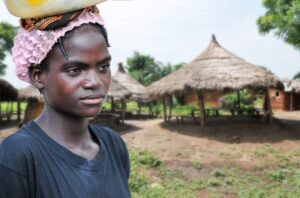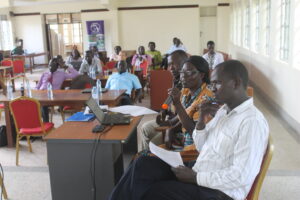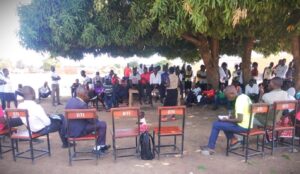Organisational Context
CCVS Uganda was established in 2008 to promote psychological health in post-war Northern Uganda. It conducts research, provides psychological support, and shares knowledge on mental health. The organization collaborates with Belgian universities and receives support from the Trust Fund for Victims, the Belgian Ministry of Foreign Affairs, and Vlir-UOS.
Problem Statement
The psychological impact of the 20-year civil war in Northern Uganda remains severe. Many individuals suffer from trauma, depression, and anxiety, yet access to mental health services is extremely limited. The breakdown of social networks due to displacement, stigma, and economic hardship exacerbates domestic violence, substance abuse, and family instability. Addressing these mental health challenges is crucial for long-term recovery.
Activities and Achievements
Psychological Rehabilitation
- 744 individuals received psychological counseling.
- 622 individuals participated in group therapy (79 groups).
- 114 individuals received individual counseling.
- 10 families and couples engaged in therapy.
- 4,553 people reached through community sensitization, radio talk shows, and Psychological First Aid.
- Follow-ups showed significant improvement in anxiety, depression, and PTSD symptoms after six months.
Mental Health Awareness & Education
- 3,589 people received psychoeducation on mental health.
- A radio program with 346 active listeners facilitated discussions on mental health topics.
- CCVS conducted suicide prevention dialogues in high-risk communities.
- Provided mental health support related to COVID-19 challenges.
Partnerships
- Signed MOUs with local governments and engaged district health committees.
- Strengthened referral systems through collaboration with Health Rights International.
- Participated in district steering committee meetings on mental health.
- Supported local government initiatives like Mental Health Day and the 16 Days of Activism against Gender-Based Violence.
Lessons learned & Challenges
- Migration Issues – Clients moving for economic activities made follow-ups difficult.
- COVID-19 Anxiety – Vaccination efforts shifted local government priorities away from mental health.
- Security Concerns – Insecurity in Kitgum due to cattle rustlers disrupted activities.
- Limited Support Services – A lack of government and NGO support for health, child safety, and livelihoods increased client dependency on CCVS.
- Funding Cuts – Budget reductions forced staff cuts, affecting service delivery.
- COVID-19 Safety Measures – Extra resources were needed for PPE, sanitization, and physical distancing to maintain client engagement.





